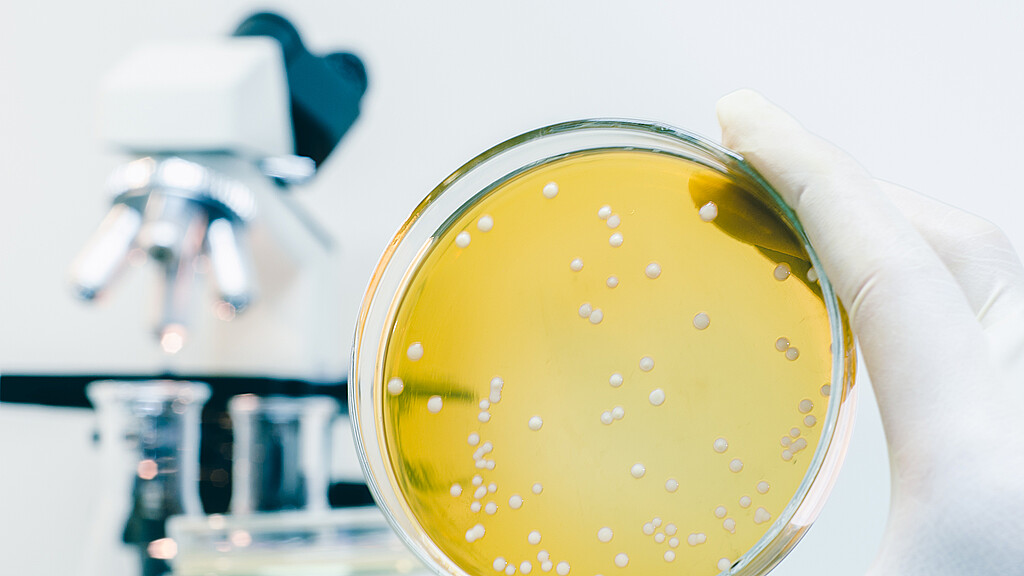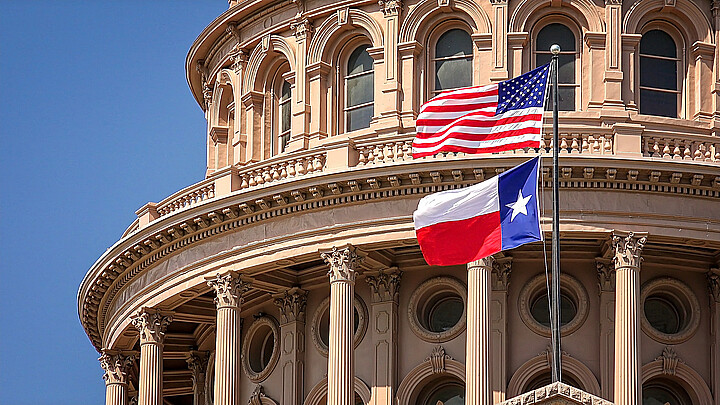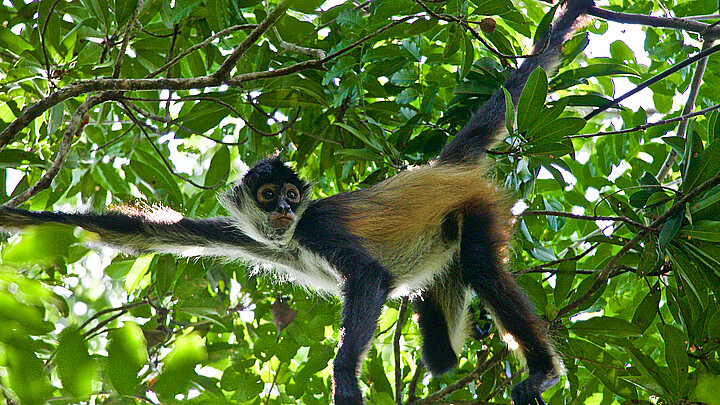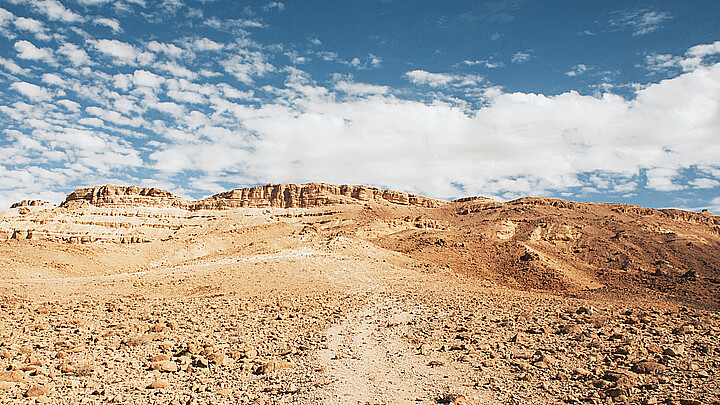Health
CDC issues warning over deadly bacteria spreading throughout Gulf Coast
The CDC confirmed three cases of patients infected with Burkholderia pseudomallei, a bacteria that has around a 50 percent fatality rate if not treated

June 7, 2023 8:41am
Updated: June 7, 2023 8:41am
The Centers for Disease Control and Prevention issued a warning about a deadly bacteria that is spreading and has been declared endemic to the Gulf Coast.
The CDC confirmed three cases of patients infected with Burkholderia pseudomallei, a bacteria that has around a 50% fatality rate if not treated.
“It is an environmental organism that lives naturally in the soil, and typically freshwater in certain areas around the world. Mostly in subtropical and tropical climates,” Julia Petras, an epidemic intelligence service officer with CDC’s National Center for Emerging and Zoonotic Infectious Diseases, told HealthDay News.
The three cases were reported in Mississippi, with the most recent case being found in January. However, those infected with the bacteria do not tend to show symptoms, which suggests that more people are likely to be infected with the bacteria, Petras said.
The bacteria spreads through open wounds or by inhaling the germs, and it causes those infected with it to suffer from melioidosis, a condition that triggers potentially dangerous pneumonia and sepsis. The disease poses a greater threat to patients who have diabetes, or kidney and liver problems.
Globally there are around 160,000 cases reported every year, with about 80,000 of them leading to the death of a patient.
“This is one of those diseases that is also called the great mimicker because it can look like a lot of different things,” Petras said.
“It's greatly under-reported and under-diagnosed and under-recognized — we often like to say that it's been the neglected tropical disease.”
It is unclear how the bacteria, which thrives in warm, damp areas, made it to the Gulf Coast since it was originally found in Australia and Thailand. However, the bacteria has been present in Puerto Rico since 1982 and could have been brought over by travelers.
According to Petras, Burkholderia pseudomallei is probably lurking in the soil and water from Texas to Florida.










